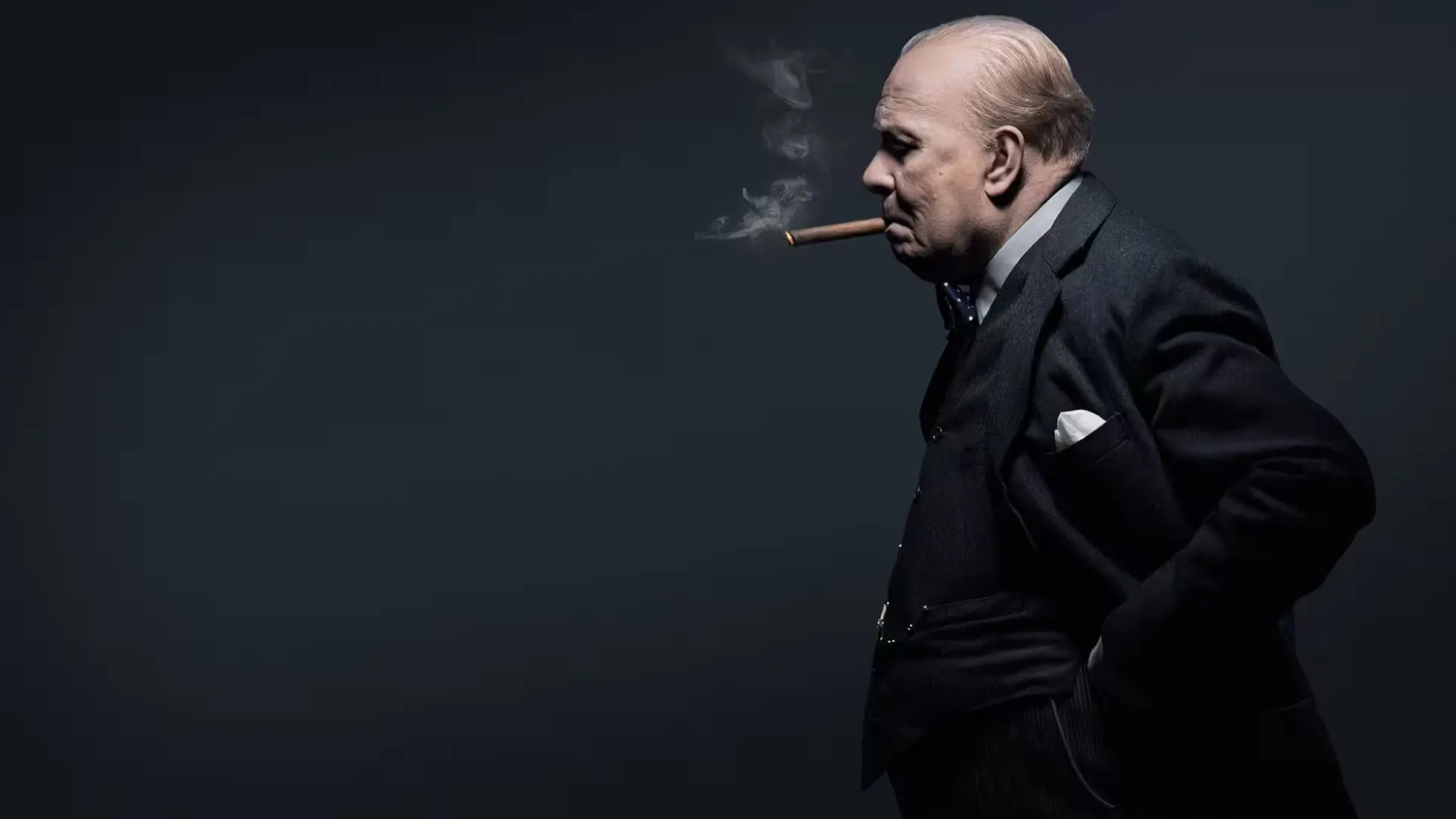Darkest Hour, Courage Prevails

Darkest Hour and Paths of the Soul are must-watch films for entrepreneurs. Previously, I wrote about Paths of the Soul in an article comparing pilgrim groups to entrepreneurial teams. In this discussion, let’s delve into Darkest Hour. Rather than focusing on Gary Oldman’s exceptional portrayal of Churchill or the meticulous work of the production team, we’ll revisit the historical events and narrative. The film highlights Churchill’s critical decisions as wartime Prime Minister, his efforts to protect Britain from Hitler’s aggression, his persuasion of the people, his negotiations with France, and his leadership during the Dunkirk evacuation.
Three days after being appointed Prime Minister by King George VI, Churchill delivered his famous speech in the House of Commons:
“I have nothing to offer but blood, toil, tears, and sweat. You ask, what is our aim? I can answer in one word: victory. Victory at all costs, victory in spite of all terror, victory however long and hard the road may be; for without victory, there is no survival.”
As an entrepreneur, expecting instant recognition from investors and partners based solely on an idea is challenging—just as Churchill faced resistance from the entrenched political system. Without a product or a proven market model, the focus shouldn’t be on immediate validation but on recognizing the problems and challenges ahead. The next step is to determine what actions are necessary to achieve long-term goals.
Success in entrepreneurship—and in any endeavor—requires spending as little as possible to find the right people for meaningful work. Churchill understood the importance of assembling the right team. When forming his cabinet, he invited former Prime Ministers, opposition leaders, and military representatives to join, carefully weighing the benefits and risks. Even though some of these political rivals might later obstruct his policies, Churchill prioritized action over hesitation. He sought alliances wherever possible, including with the Soviet Union—despite his anti-communist stance—when it was necessary to counter Germany.
France was a crucial buffer against German aggression toward Britain. If France fell or surrendered, Britain would be fully exposed to German attacks. To prevent this, Churchill risked German airstrikes by flying across the English Channel to negotiate with French leaders. While he ultimately failed to convince France to continue resisting, he demonstrated his commitment to Britain’s survival by exhausting all options.
Britain’s situation at the time was dire, described aptly as “internal strife and external threats.” Germany’s relentless advance, France’s capitulation, and calls for peace negotiations within the Conservative Party (mainly to remove Churchill) pushed him to the brink of despair. Struggling with the question of whether negotiating with Germany was part of his duty, Churchill ultimately chose to listen to the public and his own convictions, supported by King George VI. He resolved to fight to the end:
“Let us brace ourselves to our duties, and so bear ourselves that if the British Empire and its Commonwealth last for a thousand years, men will still say, ‘This was their finest hour.’”
The Dunkirk evacuation remains one of history’s most extraordinary wartime feats. Over eight days, Britain mobilized all available resources to rescue 300,000 British and French soldiers trapped at Dunkirk, preserving its military strength. Watching both Dunkirk and Darkest Hour provides a more comprehensive understanding of this strategic retreat. Churchill, the driving force behind “Operation Dynamo,” faced immense pressure. He sacrificed 1,400 British troops in Calais to slow Germany’s advance, commandeered 867 civilian vessels to cross the Channel, and even sought assistance from the United States Navy (though they couldn’t intervene). Ultimately, his leadership turned a dire situation into a miracle.
Churchill was not just a masterful orator but a courageous leader and steadfast believer in his mission. With unparalleled wisdom and courage, he led Britain and humanity to a monumental victory against fascism.
Published at: Dec 22, 2024 · Modified at: Aug 31, 2025


